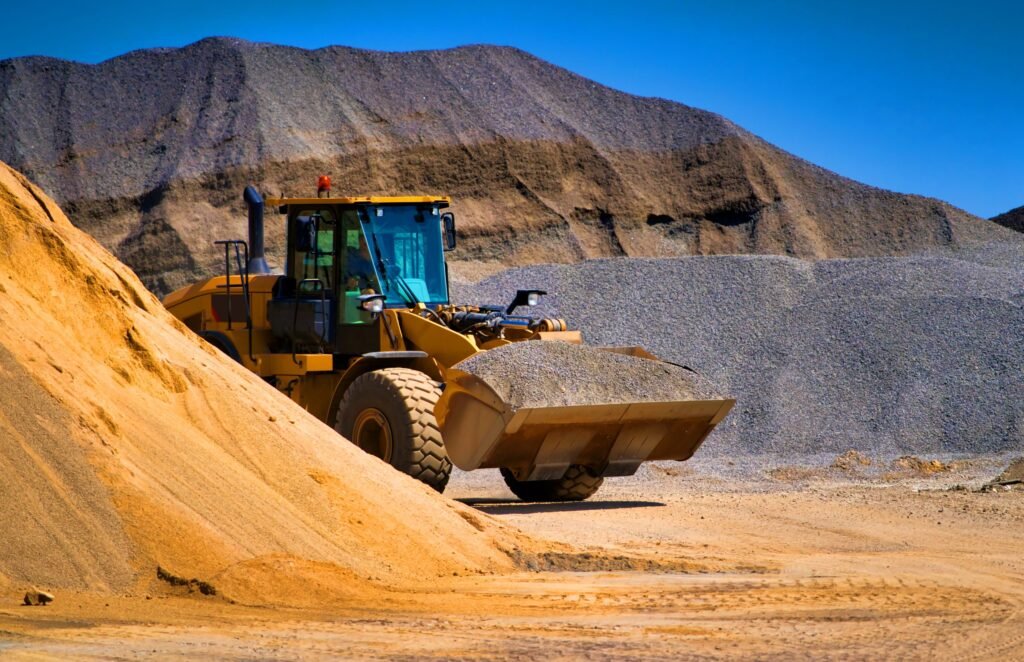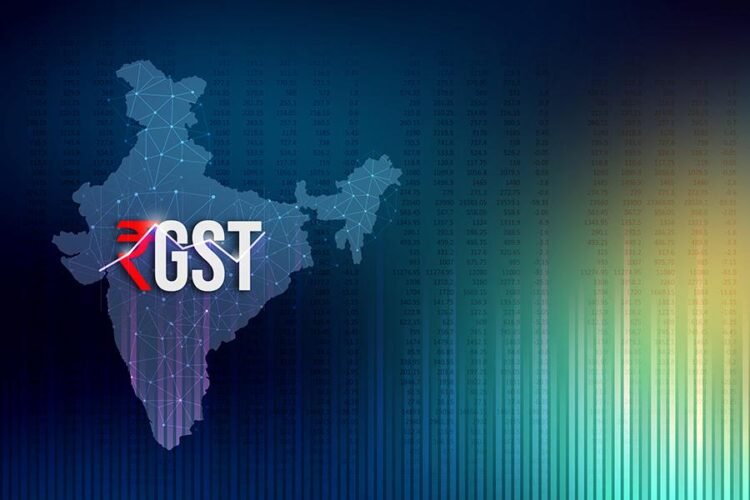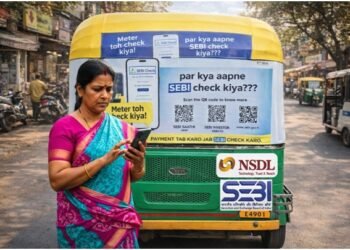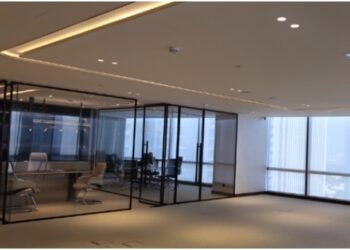M-Sand, P-Sand, Blue Metals, Boulders, and Hollow Bricks—from unregistered suppliers is not liable to the Reverse Charge Mechanism (RCM) under current Goods and Services Tax (GST) provisions
As urbanisation accelerates in Tamil Nadu – with projects like Chennai Metro Phase II – such rulings foster fair play.
CHENNAI (India CSR): In a significant win for small and medium construction businesses in Tamil Nadu, the state’s Authority for Advance Ruling (AAR) has ruled that popular building materials like manufactured sand (M-Sand), plastering sand (P-Sand), blue metals, boulders, and hollow bricks are exempt from the Goods and Services Tax (GST) reverse charge mechanism (RCM) when purchased from unregistered local suppliers. This decision, issued on August 18, 2025, in the case of Amman Blue Metals, promises to ease compliance burdens and reduce costs for traders dealing in these essentials.
For the uninitiated, GST’s reverse charge flips the usual tax payment script: instead of the seller charging GST, the buyer – typically a registered business – must pay it directly to the government. This applies to specific goods and services notified by the Centre to curb tax evasion, especially from unregistered vendors. But not everything falls under this net, and Amman Blue Metals’ query clarified a crucial gap for the construction sector.
Amman Blue Metals, a proprietorship firm run by M/s Kasinathan Rupan and based in Chithambedu village near Ariyur Post, Vellore, specializes in wholesale and retail trading of construction aggregates. These include M-Sand and P-Sand (processed sands vital for concrete and plastering), blue metals (crushed stones for road-building), boulders for foundations, and hollow bricks for lightweight walls. The firm sources these primarily from intra-state unregistered suppliers, who aren’t required to register for GST due to low turnover.
In their application filed under Section 97 of the CGST Act, 2017, the company sought clarity on three fronts: First, does RCM apply to these goods under HSN codes like 2517 (pebbles, gravel, crushed stone) when bought from unregistered persons? Second, are the goods “notified” under Section 9(3), making RCM mandatory? Third, does Section 9(4) – which covers general purchases from unregistered suppliers – trigger tax liability here?
After a detailed hearing on July 23, 2025, involving submissions from the applicant, their chartered accountant, and the Assistant Commissioner (Vellore Rural Assessment Circle), the AAR bench – comprising C. Thiyagarajan (CGST Member) and B. Suseel Kumar (SGST Member) – delved into GST notifications and precedents. They examined Central Tax Notification No. 4/2017 (dated June 28, 2017, amended periodically) and No. 7/2019 (effective April 1, 2019), which list RCM-applicable items like cashew nuts, lottery tickets, and priority sector lending certificates – but notably exclude construction aggregates like those in question.

The bench’s findings were straightforward: These goods don’t qualify under Section 9(3) for specific RCM on notified supplies. Nor do they trigger Section 9(4)’s broader RCM for unregistered supplier purchases, as the 2019 notification caps it to notified categories only. “The applicant is engaged in trading, not promotion of real estate projects,” the order noted, ruling out any promoter-related exemptions. Thus, Amman Blue Metals – and similar traders – can procure these materials without self-assessing and paying GST on the buyer’s behalf.
This ruling binds the applicant and jurisdictional officers but offers persuasive value statewide. For Tamil Nadu’s booming construction industry, where unregistered quarries and small crushers supply over 70% of aggregates, it’s a game-changer. Experts estimate it could save businesses thousands in compliance costs annually, freeing up working capital amid rising material prices. “This aligns GST with ground realities, preventing double taxation on essential inputs,” said tax consultant Rajesh Kumar, who wasn’t involved in the case.
However, the AAR cautioned: The ruling holds unless facts change or fraud is proven (per Section 104). Businesses must still maintain records for audits, and inter-state purchases remain RCM-eligible if notified.
Broader implications ripple to homeowners and developers. With no RCM, traders like Amman can pass on savings, potentially stabilizing prices for M-Sand (currently Rs. 80-100 per cubic foot) and blue metals. It underscores GST’s evolution toward simplicity, seven years post-rollout, amid calls for more sector-specific clarifications.
As urbanisation accelerates in Tamil Nadu – with projects like Chennai Metro Phase II – such rulings foster fair play. Amman Blue Metals hailed it as “clarity amid complexity,” urging peers to seek advance rulings proactively. For now, builders can breathe easier: No reverse charge on the sand and stones building India’s future.
The Authority analyzed two key aspects of the law
1. Exemption under Section 9(3): Section 9(3) deals with RCM liability on specific categories of goods regardless of the recipient’s identity. Upon examination of the relevant notification (Notification No. 04/2017- Central Tax (Rate)), the Authority confirmed that the goods traded by M/s. Amman Blue Metals (M-Sand, P-Sand, Blue Metals, Boulders, and Hollow Bricks) do not fall under any of the specified entries that attract RCM under this section.
2. Exemption under Amended Section 9(4): Section 9(4), as amended, requires a registered person to pay tax under RCM when receiving specified goods or services from an unregistered supplier. The government has issued notifications detailing the specific supplies covered under this amended section.
The AAR noted that the supplies attracting RCM under Section 9(4) primarily pertain to goods/services received by a ‘Promoter’ (related to construction projects, cement, or capital goods). Crucially, M/s. Amman Blue Metals confirmed during the personal hearing that they are engaged only in the trading of the goods and are not involved in any construction activity, meaning they do not qualify as a ‘Promoter’ for the purpose of the relevant notification.
***
You Learn
The Authority for Advance Ruling ruled that the goods purchased by M/s. Amman Blue Metals from unregistered persons are neither notified under Section 9(3) nor does the applicant’s activity fall under the category notified under Section 9(4) of the Act
(India CSR)






















